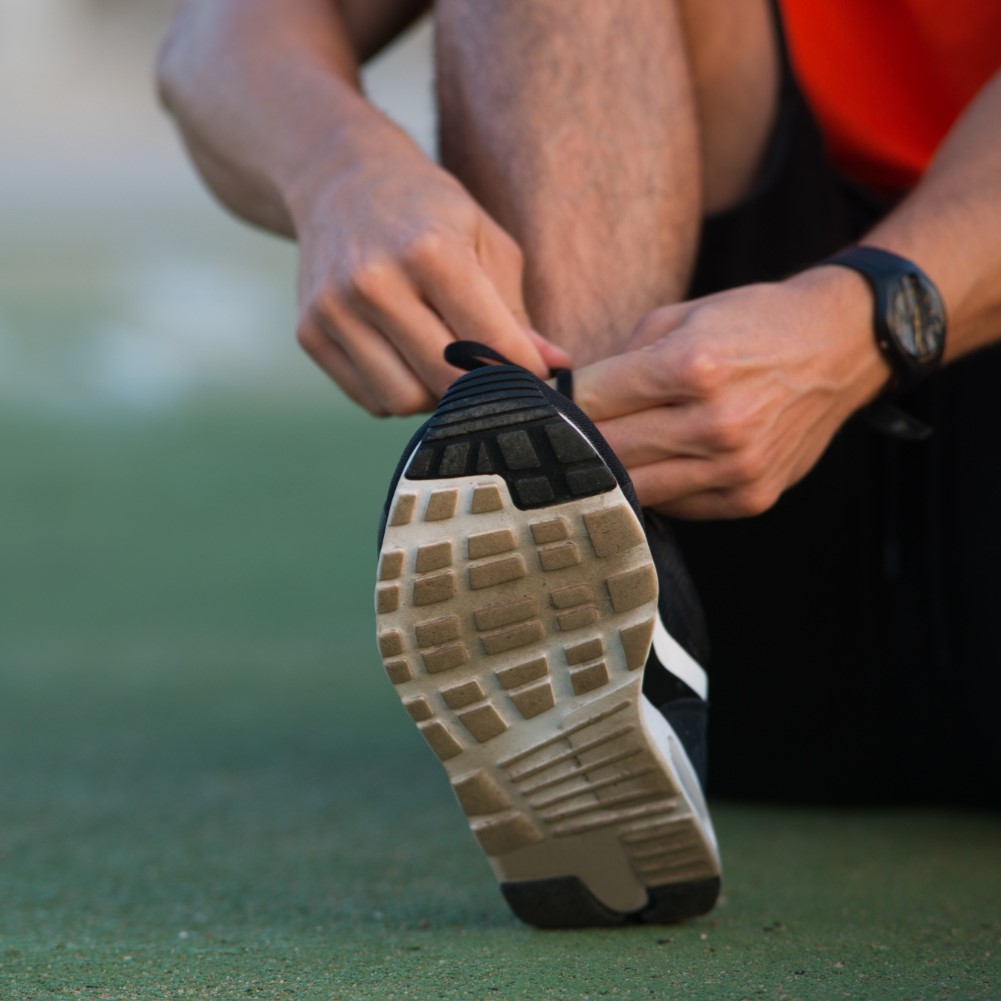It’s not just for athletes! That’s right. Anyone can get it, regardless of whether or not you’re a professional athlete. So, if you’re feeling itchy, burning, or stinging between your toes, don’t be alarmed. You may just have an athlete’s foot.
What is athlete’s foot?
It is a common fungal infection of the foot. It is caused by a group of fungi called dermatophytes, which can live on the skin, hair, and nails. Athlete’s foot is most common in adults, but it can also occur in children.
Symptoms
The following are the most prevalent symptoms:
- Itching, burning, and stinging between the toes
- Redness, scaling, and cracking of the skin between the toes
- Blisters on the feet’s soles or between the toes.
- A thick, yellowing toenail
How is athlete’s foot spread?
It can be spread through direct contact with an infected person or animal, or through contact with contaminated objects, such as shoes, socks, towels, and floors. Athlete’s foot is more likely to spread in warm, moist environments, such as locker rooms, swimming pools, and public showers.
Prevention tips
- Wash your feet daily with soap and water, and be sure to dry them thoroughly, especially between the toes.
- Wear loose-fitting, breathable shoes and socks.
- Avoid walking barefoot in public places.
- Change your shoes and socks daily.
- Disinfect your shoes and socks regularly.
- Keep your feet cool and dry.
Find out more prevention tips.
How to treat athlete’s foot
Over-the-counter antifungal lotions or powders can typically be used to treat mild cases. If your case is severe or does not respond to over-the-counter treatments, the podiatrist may prescribe oral antifungal medication.
Tips for managing
In addition to using antifungal medication, there are a number of things you can do to manage athlete’s foot and prevent it from coming back:
- Keep your feet clean and dry.
- Wear loose-fitting, breathable shoes and socks.
- Change your shoes and socks daily.
- Disinfect your shoes and socks regularly.
- Avoid walking barefoot in public places.
- Use an antifungal powder in your shoes and socks.
Discover more foot care tips. It is important to see a doctor if you have diabetes, a weakened immune system, or if your case is severe or does not respond to over-the-counter treatments.
If you have athlete’s foot, book an appointment today.



